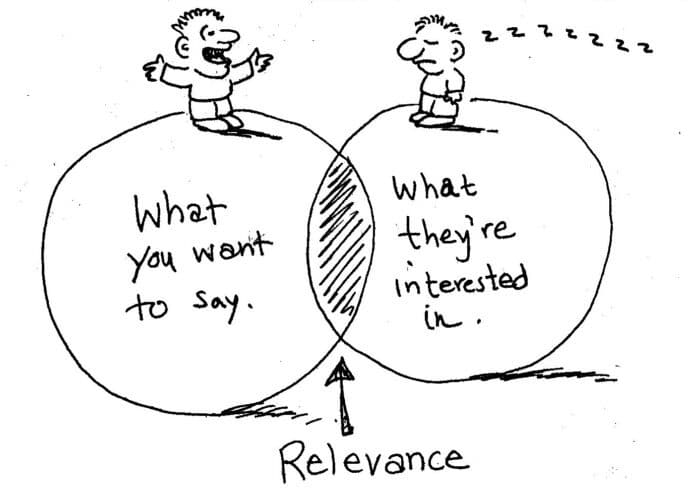Marketing relevance is crucial to a brand’s success and its ability to attract and retain customers. The pendulum has swung back and forth between transactional marketing and brand-building initiatives, but finding the sweet spot between the two is crucial. Differentiation and relevance are two of the most important pillars of the Brand Asset Valuator model, which evaluates the value of a brand and its future potential. With consumers making purchasing decisions based on their rapidly changing needs, it’s vital for brands to be relevant and meaningful to them.
To ensure customer relevance, brands must check in with their customers by being introspective about their brand’s lifecycle and the prospect’s journey. One way to do this is to measure customer usage and offer support if usage decreases. A fintech company that offers a lower-cost option for credit analysis on public companies provides an example of relevance being the key factor in driving loyalty and retention. The company faced limitations with its price-sensitive audience and had to find ways to become more relevant. Offering a low-cost option to larger companies could have resolved the low-usage problem, reduced attrition, and provided more upsell and cross-sell opportunities.
Relevance is critical in marketing, and brands must always put the customer at the forefront of their marketing strategy. By checking in with customers and being introspective about their brand’s lifecycle, they can fine-tune their marketing approach and ensure relevance is always at the forefront.











